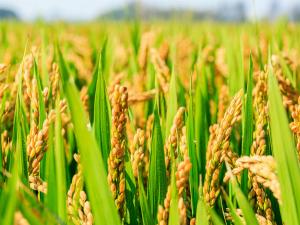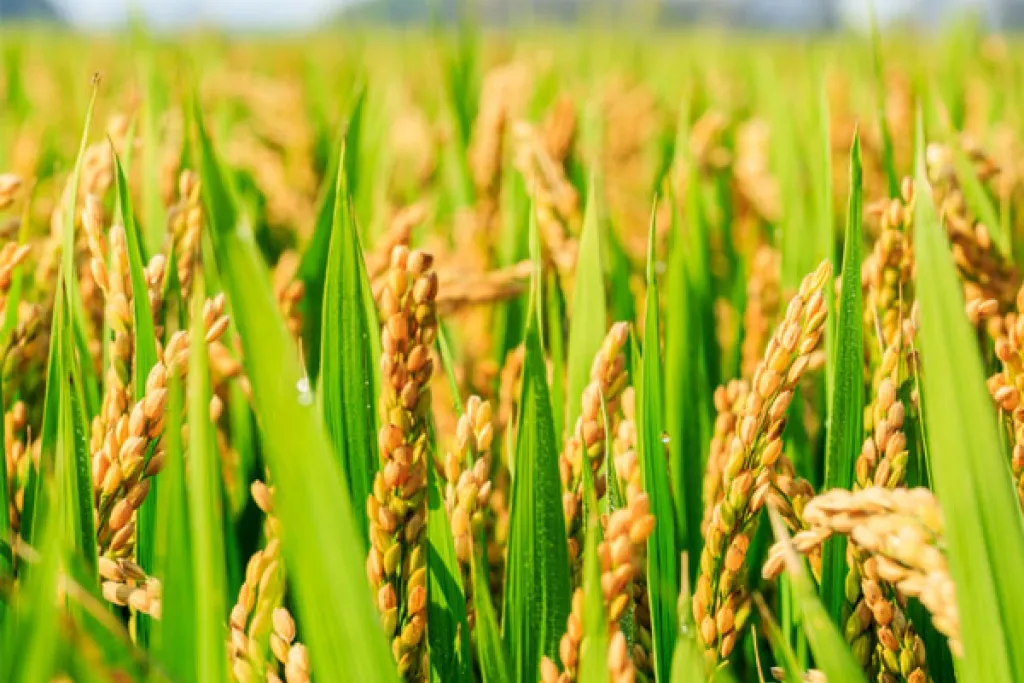
Researchers at Kansas State University (K-State) and North Carolina State University (NCSU) think so, and they’ve got a growing amount of evidence to prove that the circadian clock genes in rice, and possibly wheat, get messed up when nights get hotter.
NCSU’s Colleen Doherty and K-State’s Krishna Jagadish began studying the impact of nighttime temperatures seven years ago.
“Essentially, we found that warmer nights throw the rice plant’s internal clock out of whack,” Doherty said. Warm temperatures cause “hundreds of genes” to be expressed earlier than usual, and hundreds more to be expressed later than usual, disrupting key biological processes, Jagadish said.
The researchers’ goal is to better identify the factors that disrupt the plants’ circadian rhythms so that scientists can breed varieties that perform better under conditions with higher nighttime temperatures. The research is supported by USDA’s National Institute of Food and Agriculture. For more information, read the K-State news article.
Farm Bill Priority Areas
Plant health, production, and products
U.S. States and Territories
Kansas

